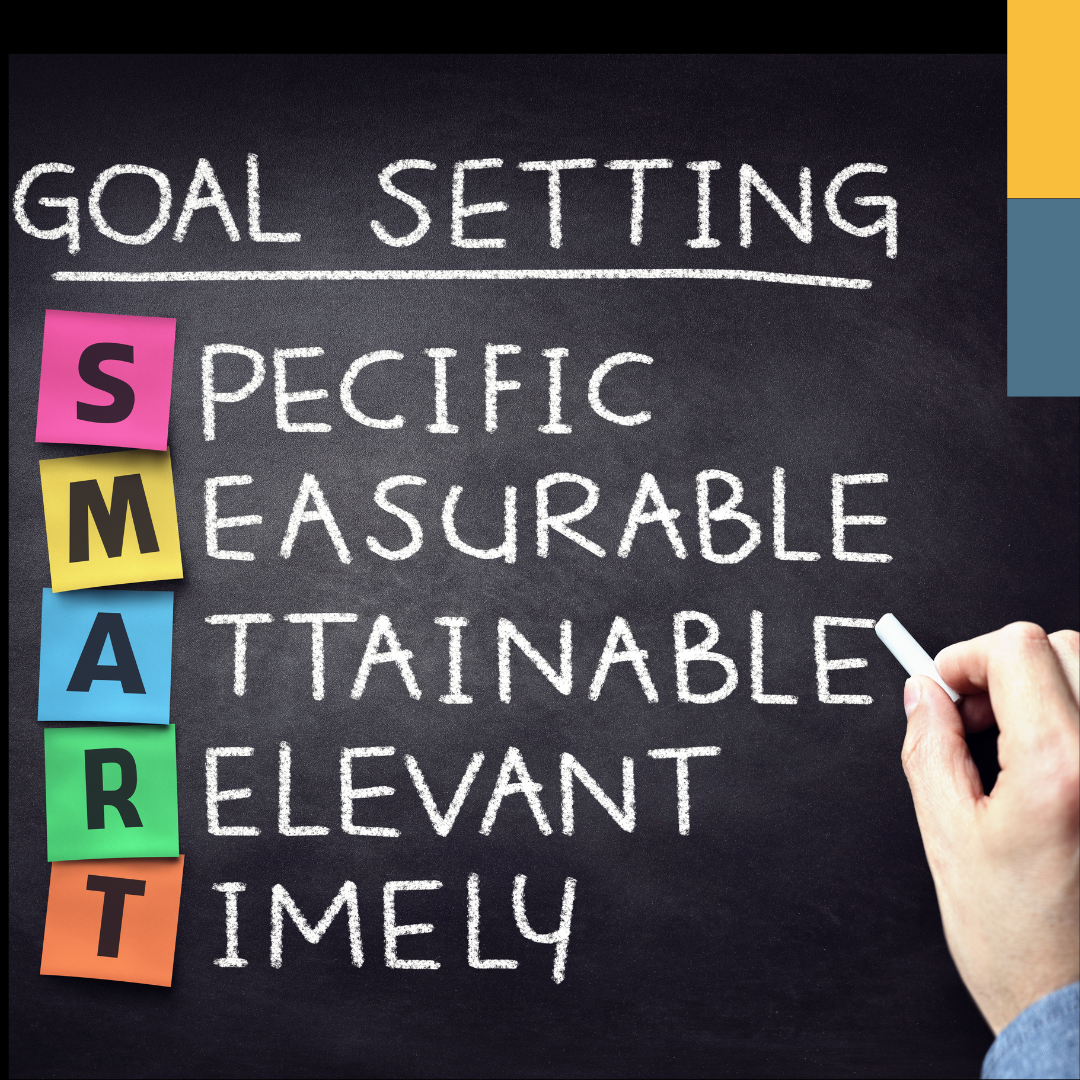 As organizations prepare for the new year, setting clear organizational goals becomes crucial for achieving long-term success. Traditionally, this responsibility has been seen as a task for senior leadership and financial planners. However, Human Resources [HR] plays a vital, often underappreciated role in this process. Modern HR is no longer just about managing people but about strategically aligning workforce capabilities with overall organizational objectives. Here's a detailed look at HR’s key contributions to setting organizational goals for the upcoming year:
As organizations prepare for the new year, setting clear organizational goals becomes crucial for achieving long-term success. Traditionally, this responsibility has been seen as a task for senior leadership and financial planners. However, Human Resources [HR] plays a vital, often underappreciated role in this process. Modern HR is no longer just about managing people but about strategically aligning workforce capabilities with overall organizational objectives. Here's a detailed look at HR’s key contributions to setting organizational goals for the upcoming year:
Aligning talent with business strategy: HR professionals are at the forefront of understanding the organization’s talent landscape. They have a deep insight into employee skill sets, gaps, and emerging workforce trends. This knowledge is essential for aligning the talent strategy with organizational goals. For example, if a company plans to expand into new markets or launch innovative products, HR can identify whether the current workforce has the necessary expertise or if there is a need for hiring, training, or upskilling employees to meet these new challenges.
HR departments can also use workforce analytics to predict future hiring needs, assess turnover rates, and plan succession strategies for key leadership roles—all of which directly impact the company’s ability to meet its organizational goals.
- Supporting organizational agility and change management: In a rapidly changing organizational environment, companies need to remain agile. HR plays a key role in fostering organizational agility by creating a flexible workforce that can quickly adapt to change. Whether it's introducing new technologies, reorganizing teams, or navigating economic shifts, HR can drive the change management initiatives that ensure smooth transitions. For example, if the organizational strategy involves digital transformation, HR can guide the reskilling of employees, promote a culture of innovation, and support leadership in managing employee resistance to change. By focusing on these areas, HR helps ensure the company is well-equipped to reach its strategic goals.
- Shaping the company culture: A company’s culture is often the bedrock of its success. HR’s role in nurturing and shaping company culture directly influences the ability to meet organizational goals. As organizations set goals related to innovation, customer satisfaction, or growth, the right culture can accelerate progress. HR can assess whether the current culture supports these new objectives and, if necessary, spearhead initiatives to shift the company’s values, behaviors, and mindset. If a company’s goal is to increase customer satisfaction, HR can focus on fostering a customer-centric culture by emphasizing empathy and collaboration across departments and ensuring that employees are engaged and aligned with the customer experience mission.
- Enhancing employee engagement and retention: Employee engagement is one of the most significant factors affecting productivity and organizational performance. HR teams are responsible for creating an environment where employees feel valued, engaged, and motivated to contribute to organizational goals. For the upcoming year, HR should review existing engagement strategies, analyze feedback from employee surveys, and introduce initiatives that enhance the employee experience. If employee retention is critical for organizational continuity, HR can contribute to organizational goal-setting by developing retention strategies that focus on career development, recognition programs, competitive compensation, and work-life balance—all of which help keep top talent engaged and reduce turnover that could disrupt organizational objectives.
- Implementing learning and development programs: As organizations evolve, the skills and knowledge of the workforce must keep pace. HR plays a pivotal role in identifying the skill gaps that could prevent the organization from achieving its goals and designing learning and development [L&D] programs to address these needs. For example, if the organizational goal is to innovate within a specific industry, HR can initiate training on the latest technologies or industry practices to ensure the workforce is ready to contribute.
- Establishing metrics and accountability: Finally, HR plays an essential role in setting measurable goals and accountability frameworks for the organization. By using data-driven insights, HR can help define Key Performance Indicators [KPIs] related to workforce performance, engagement, and organizational health that tie directly into organizational outcomes. HR metrics such as turnover rates, time-to-hire, and employee productivity can all inform organizational goals and ensure that the workforce is effectively contributing to the company's success.
HR’s role in setting organizational goals for the upcoming year goes far beyond administrative tasks. By aligning talent strategies with organizational needs, fostering agility, shaping company culture, and driving engagement, HR can significantly contribute to achieving the company’s long-term objectives. As organizations become more people-focused, the strategic partnership between HR and leadership will be key to navigating challenges and seizing opportunities in the coming year.
Interested in learning more about how HR can help you prepare for 2025? Contact us today for more information.

